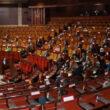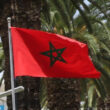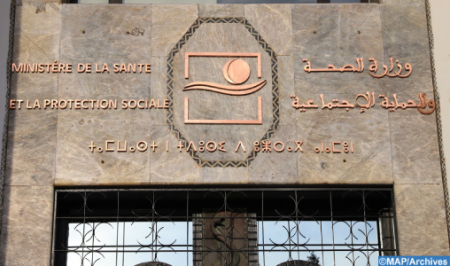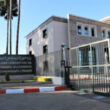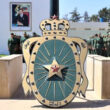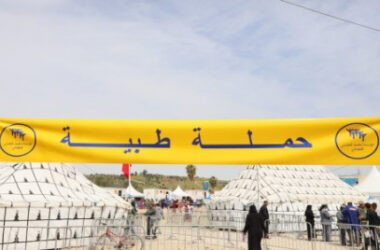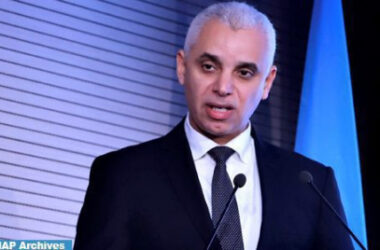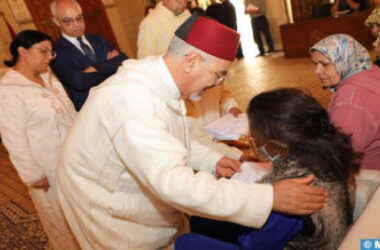Inked by the Minister of Health and Social Protection, Khalid Ait Taleb, and the UNHCR representative in Rabat, François Reybet-Degat, the agreement is part of the effort to support the national immigration and asylum policy, initiated following the High Instructions of HM King Mohammed VI in September 2013, the objective being to promote refugees’ access to health care and the social protection system.
The agreement is meant to set up joint actions to support access for refugees and asylum seekers to basic health services as well as to second and third level services for the most specialized care. It also provides for facilitating the care of refugees by the national social protection system and their access to university hospitals (CHU).
Speaking on this occasion, Ait Taleb recalled that the Ministry has developed a National Strategic Plan for Health and Immigration 2021-2025 whose objective is to improve access of immigrants, including refugees residing in Morocco in vulnerable situations, to preventive services and health promotion and medical care, in compliance with human rights and conditions of equality and equity.
He also said in a statement to the press that the agreement will result in several specific conventions that will take into account the different characteristics and specificities of refugees.
The signing of this framework partnership agreement represents an important step in the work of integrating refugees into the health and social welfare systems, in accordance with the National Strategy for Immigration and Asylum, stressed for his part Reybet-Degat, describing this strategy as “inclusive and humanistic”.
The joint initiative with the Ministry of Health enshrines HM the King’s vision for an inclusive immigration and asylum policy, based on human and international law, he said, reaffirming the joint commitment of both parties to facilitate greater access of refugee populations to health and social protection.
The UN official praised the ministry’s continuous action for the benefit of a population of 19,000 asylum seekers and refugees, spread over 79 localities across Morocco.



